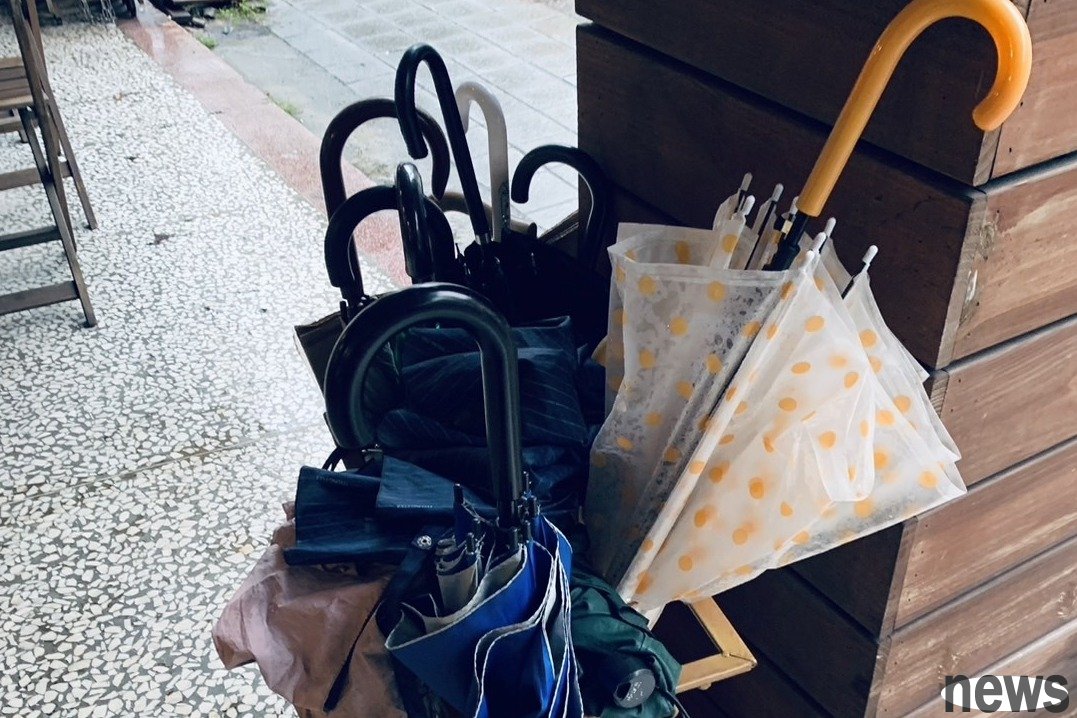
Do you also think that you can see a person's concept of money from daily details? Noriko Matsuzaki, a Japanese consumer economy specialist, proposed an interesting explanation. She said: "More plastic rain in supermarkets at home than people who actually need it usually cannot save money."
Look at what you have at home, you can understand your consumption habits.The items in the home are transformed from money, representing a way for someone to use money. {4, Matsuzaki said that when you are taking a large-scale sweep at the end of the year, you might as well check what you have in your home. If the following conditions are met, you may need to pay attention to your usual consumption habits.
{9 People who buy single-use plastic wrap at supermarkets are likely to have no habit of folding the wrap, so it rains and Ning wants to spend more than 100 yuan to buy a cheap wrap, and even if it doesn't hurt.In addition, many people are accustomed to "stocking" when they are clearing. Although there is no problem in pursuing low prices, when the towels, cleaning agents or bathing supplies at home are piled up, they still continue to buy because they see discounts. Excessive inventory may lead to more waste in use, or even endless use.
Prudent consumers will pay more attention to the value of the items, and may choose higher-priced but practical products, and purchase them is based on needs rather than cheap.
2. Are there any clothes with labels or tableware that are not opened and packaged at all?The purchase must be from the moment of trying to get the item, however, those clothes that don't have the chance to cut off the label and the beautiful plates left in the paper box are telling you to adjust the way you spend money.
How many unnecessary wastes are there for items that are used to urge shopping, recommendations from friends, or those items that were added to the shopping cart in order to save money? Matsuzaki reminded that the amount accumulated by such repeated consumption habits cannot be underestimated.
If these items have not been used for a year, they may not be needed anymore. It is recommended to take them to the second-hand market or recycle them. It is better to sell, give away, and exchange them than to make dust at home.
3. Continuously delaying the things that should be droppedswipe may find an interesting phenomenon. The things that I wanted to be dropped last year are still there this year, and I think again that I want to throw it away. There are many reasons why it is not dropped, maybe because it is expensive, or it can still be used, or the process of handling it is very troublesome. However, this kind of procrastination of "feeling that it should be lost, but without action" will also affect daily life and even consumption habits.
People with procrastination seem to lose no money at the moment, but the idea of canceling unnecessary subscriptions or investing in savings is not implemented. These unrestrained situations result in the continued loss of money that could have been saved, or even missed the more favorable opportunities.
{twenty three} {twenty four}
Matsuzaki Oko said that everyone can check their self-consumption habits through the above three points, and found that the following changes may also begin to occur:
1. From the sweep, we will start to save moneyWhen we organize our homes, we will re-examine our past consumption habits. Through the process of careful thinking, we will gradually understand our attitudes and weaknesses towards money, and naturally we will gradually reduce waste and unnecessary hoarding, and save more carefully.
2. Start buying valuable thingsKeeping your home clean will also change your consumption thinking. We will intentionally want to keep the house intact, and we will prefer to choose high-quality products that can be used for a long time than cheap disposable items.
The standard for money-makers to buy things is not only to consider the present, but also to look to the future, such as whether a certain product is worth the label price and whether the value in the future will decrease or increase. Value-added things are not necessarily high-end brands or luxury goods, but things that can still make you money when they are put on the market in the future.
3. A home that is used to save time and money is used. If you continue to keep your home simple after the big sweep, the time spent on cleaning will be greatly reduced. Time is money, and you can invest more time in work, learning or creating. The whole space can also improve the comfort and concentration of work.
